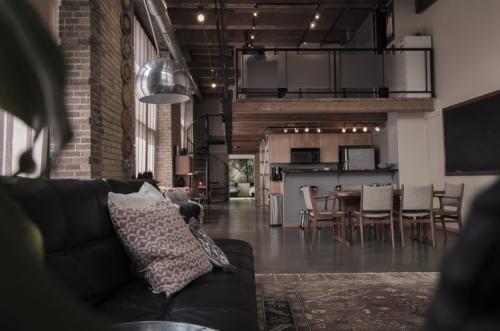Quick Guide to PPE in the Construction Industry
In any industry, the company carries the responsibility of
providing a safe working environment for its employees. However, in the
construction industry where every corner is a constant danger zone, safety and
precautionary measures are treated in a whole different level.
Construction companies, with the help of regulatory bodies,
have leveled up their game in ensuring the safety of their workers. Engineering
protocols and other safety standards have been set to mitigate and ultimately
prevent disasters. But if these measures are not enough, workers still have personal
protective equipment (PPE) as their last line of defense. PPE are
protective gears worn by workers to guarantee their own safety.
What are the types of PPE and why are they important?
Head and Face Protection
In a construction site, it is imperative that every worker
should wear protective head gears at all times. Hard hats and safety helmets
are used to safeguard the workers from any impact caused by falling or flying
objects and also from electric shocks. Goggles and face shields are used by
those who come in contact with bright light and infrared radiation. They also
act as a great defense against dangerous chemical splashes and tiny
projectiles.
Hearing Protection
Construction workers are constantly exposed to repetitive
destructive unhealthy noise all the time. Workers are advised to use earplugs
and earmuffs to guard their eardrums from loud noises. These PPE gears protect them from
developing noise-induced hearing loss and possibly permanent hearing
impairment.
Respiratory Protection
Some worksites produce haphazard air contaminants, which
pose grave health threats to workers. In these types of environment,
respiratory PPE
for safety precaution is an important tool. Respirators are used to filter
out airborne contaminants like silica dust particles and powders to help
workers breath safe air. Breathing apparatuses on the other hand give off
breathable air from a separate source and is usually used in places with low
oxygen.
Hand and Arm Protection
Most hard work in construction is done using the hands and
arms. This is why using the appropriate hand and arm PPE gears is paramount to
protect against fatal injuries such as cuts, abrasions, splashes from toxic
chemicals, extreme temperatures, radiation, vibrations, and other hazards. Some
examples of this type of PPE are gloves and gauntlets.
Foot and Leg Protection
The same protection should be given to both upper and lower
limbs because they are exposed to roughly the same types of hazards. Safety
shoes and boots vary in types and materials depending on what type of
protection is needed. Shoe soles can be oil-resistant or chemical-resistant as
well. Companies should be able to provide the appropriate type of working shoes
so workers can safely perform at their best without worry.
Body Protection
Vests, jackets, and boiler suits are the common protective
clothing used to guard construction workers against contaminated dust, chemical
splashes, hot liquids, and other hazards. Some common protective clothing are
made of wool, cotton, leader, rubber, and so on. Proper fitting should be done
to provide the worker with utmost comfort and protection.









Comments